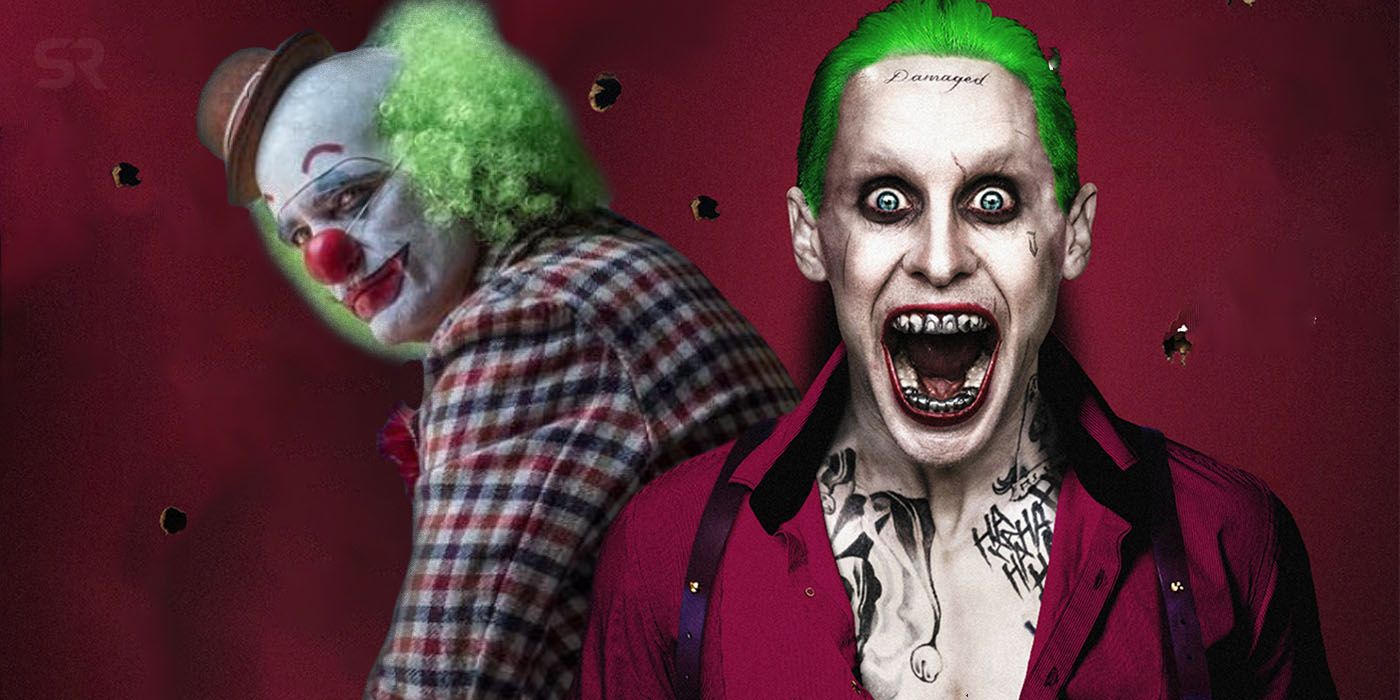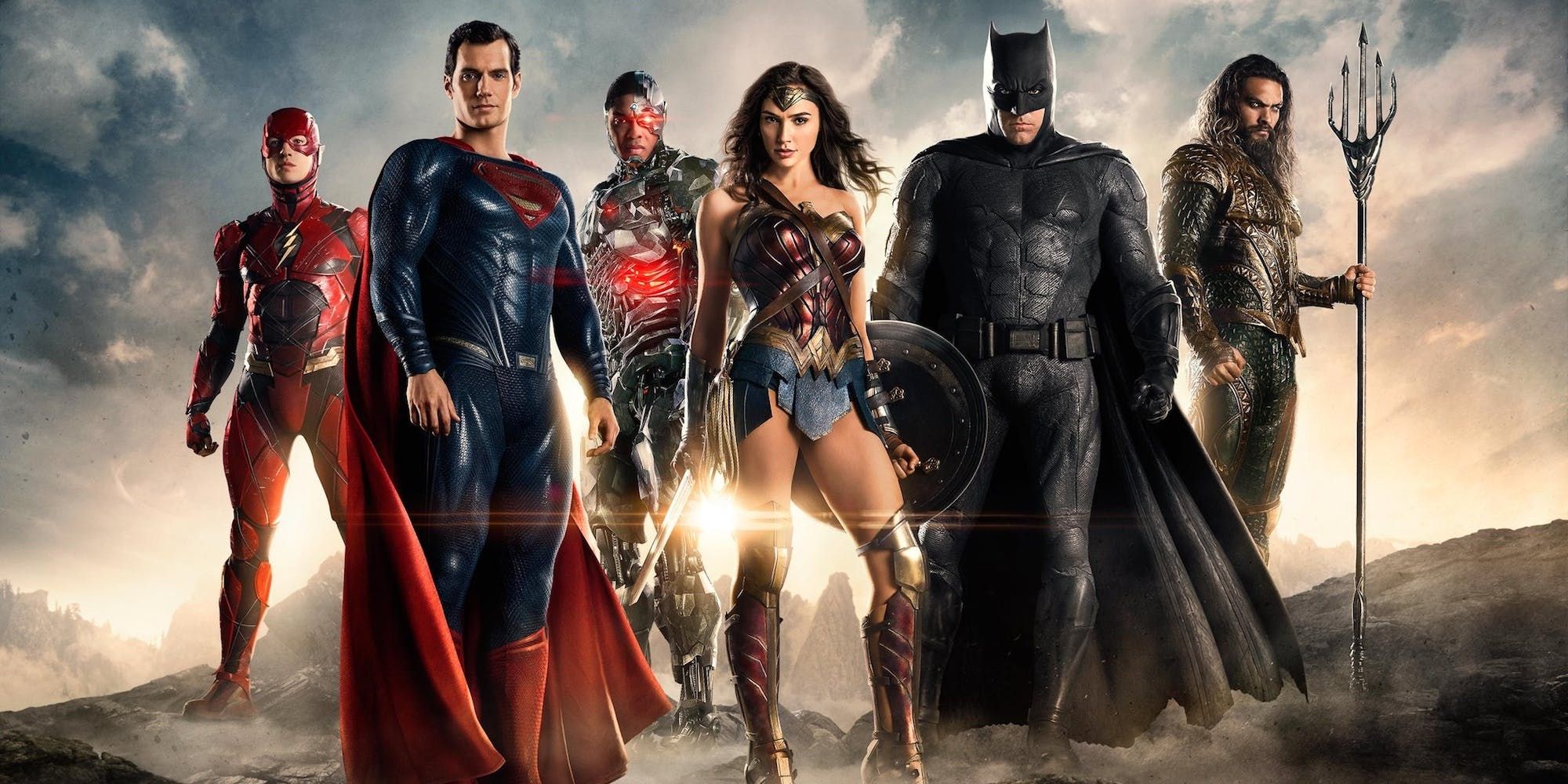
While we've come to think of shared universes as needing a single, consistent continuity, the DC Extended Universe doesn't have to be that. In fact, based on the way that the DCEU currently seems to be shaping up, Warner Bros. may be more interesting on focusing on individual superheroes and their families, rather than trying to find ways for every movie to cross over and connect.
In the ten years since the release of Iron Man, the first movie in the Marvel Cinematic Universe, fans have grown accustomed to the idea of shared universes, which have proliferated across both cinema and television. The Walking Dead has its own shared universe, with two ongoing shows and three upcoming movies. Warner Bros. also has the MonsterVerse, where titans like King Kong and Godzilla wander the Earth. Even the Harry Potter franchise has been rebranded as "Wizarding World," to emphasize its identity as an entire fictional universe with the arrival of the Fantastic Beasts prequels.
Related: Recasting The CW's DC Characters For the DCEU
What the DCEU has learned, however, is that trying to maintain a shared universe can be a burden. The movies that have been best-received in recent years are the movies that largely stood alone, with only token nods to the rest of the DCEU, like Wonder Woman and Man of Steel. Comparatively, Batman V Superman: Dawn of Justice was criticized for taking a random detour to look at teaser clips of the rest of the Justice League on Wonder Woman's laptop, and Justice League itself proved so underwhelming that its box office total was recently overtaken by a Venom solo movie.

To Warner Bros.' credit, the studio seems to have realized that - for whatever reason - constantly setting up crossovers and team-ups isn't working for the DCEU, and pivoted accordingly. Shazam! references other DC superheroes through memorabilia, but otherwise seems to be an entirely independent story with a radically different tone to, say, Batman V Superman. Even more telling is the fact that Warner Bros. has casually thrown a standalone Joker movie starring Joaquin Phoenix into the mix - set in a completely different timeline (Bruce Wayne is just a kid when Joker emerges) and with no apparent connections to the rest of the DCEU. This, despite the fact that Jared Leto's Joker is still active and set to return in a future movie with Harley Quinn. Joker may prove to be the exception to the rule, but it's still evidence that Warner Bros. is moving away from obsessing over connections, and focusing instead of strong individual movie pitches.
The DCEU can set itself apart by doing what the comics have largely done, and breaking down into a collection of smaller universes that each focus on a different DC "family" - like the Bat-family of Batman, Nightwing, Batgirl and other Bat-adjacent characters, or Shazam and the Marvel family, or the expansive world of Aquaman and the Seven Kingdoms. There's still potential for future crossovers, of course, but by dividing the DCEU up, the smaller sub-universes can be allowed to thrive and (in a worst-case scenario) be quarantined from one another, so that a individual movie can fail without affecting the larger universe.
Warner Bros. has a significant advantage over Marvel Studios at the start of the MCU, in the sense that the DCEU already has the full slate of DC Comics characters collected under one roof. By focusing on individual families - Supergirl and Superman, the Suicide Squad, Harley Quinn and the Birds of Prey - there's huge potential to build up strong brands with their own individual worlds and aesthetics. There's more than one way to build a shared universe.
More: The Future Of The DCEU Without Cavill's Superman
from ScreenRant - Feed https://ift.tt/2qHMKDX

0 Comments